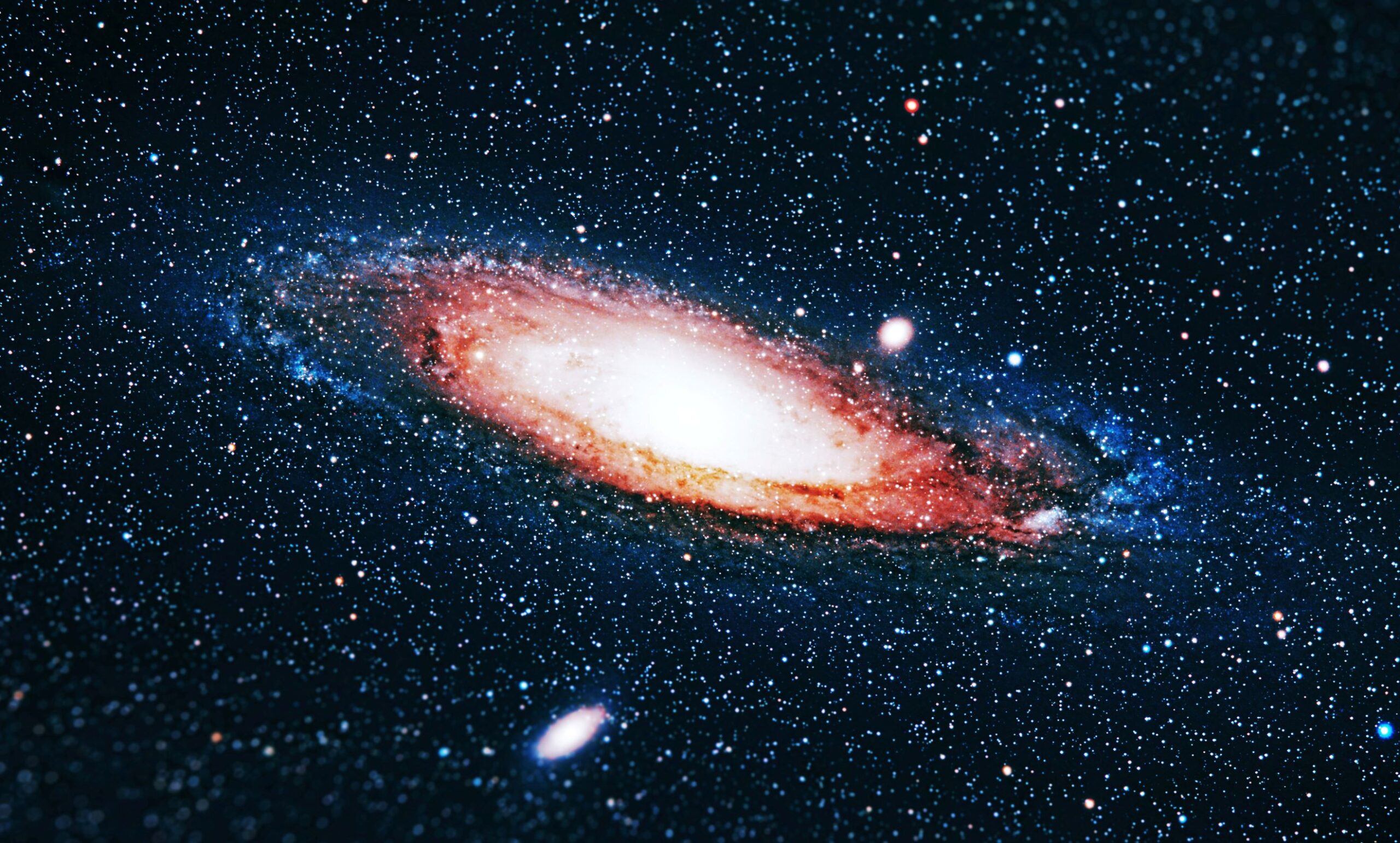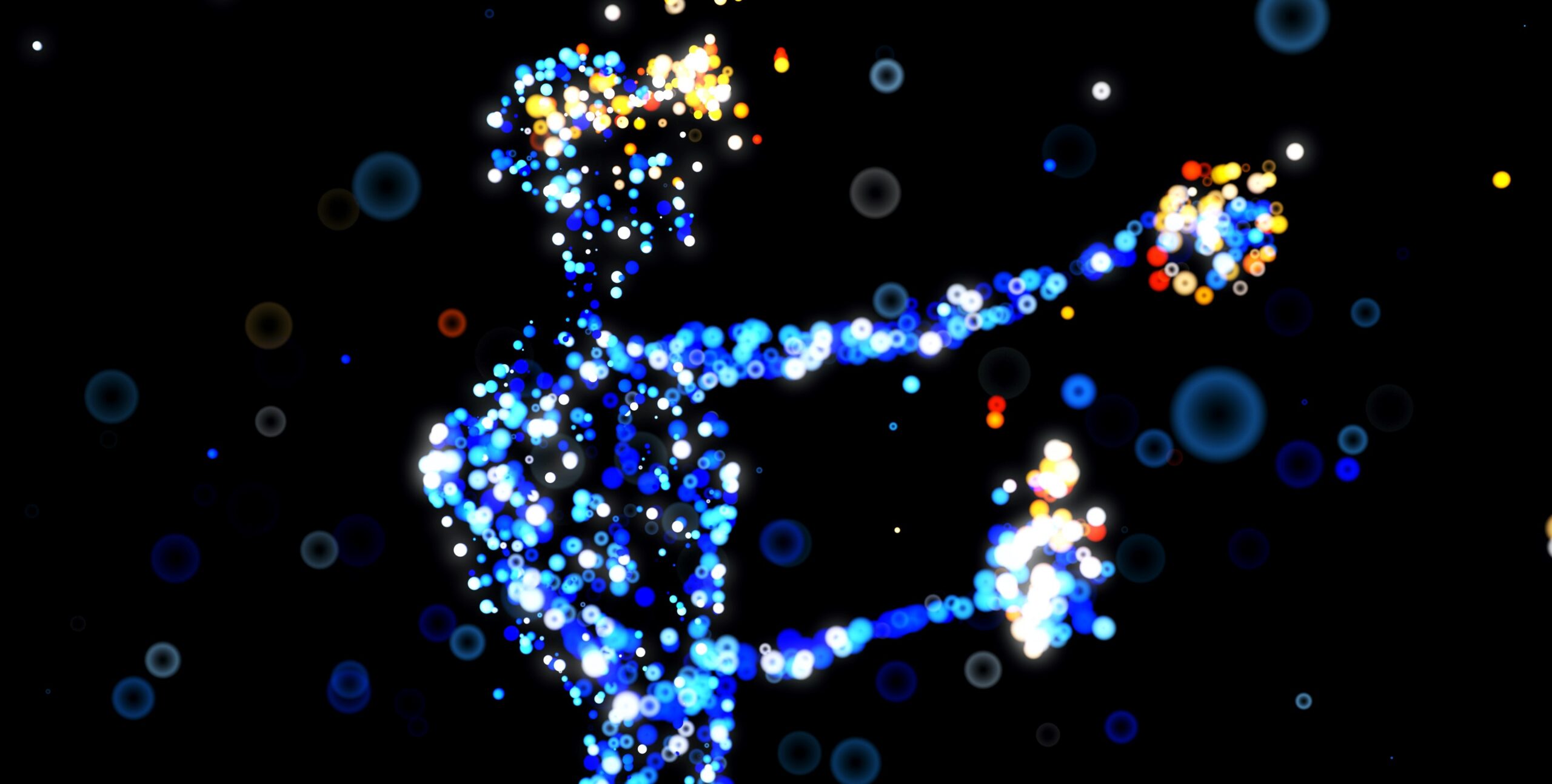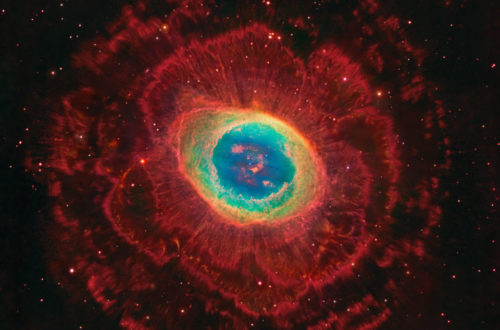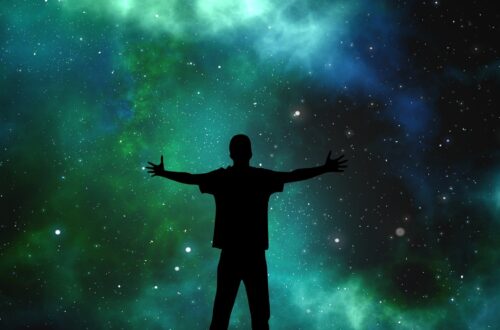
The Modern vs The Integral Worldview
We are now in a battle between two worldviews, the Modern and Integral, and the fate of the planet hinges on the winner. I want to briefly explore both worldviews and then apply them first, to the war in Ukraine and then, to the latest Supreme Court decision that limited the powers of the Environmental Protection Agency (EPA) to control carbon emissions.
The Modern Worldview
The modern worldview, based on the Big Bang creation story, tells us we live meaningless purposeless lives because we live in a meaningless purposeless universe.
The signature statement of the modern worldview comes from the father of modern philosophy, Rene Descartes. The first truth he uncovered after he doubted everything was summed up in his famous statement, “I think therefore I am”.
That is the starting point of modern philosophy, “I”. It’s all about me. I am at the center of everything. The ego is king, meaning we are all isolated egos living in our own little worlds, connected to nothing.
Since this has been our common worldview for the last three or four centuries, it’s ingrained in us. We don’t even think about it anymore. We just assume it is all about me. I am now my own God.
In short, everything on the planet is here to serve me, including the earth, its creatures, even other people.
This egotistical I-based worldview is quite unique in human history, but we are so brainwashed by it that most of us can’t even imagine anything different.
The Integral Worldview
However, there is an emerging new worldview that some people call “Integral”. It sees everything as “integrated” or inter-connected. The integral worldview in some ways is a return to Pre-modern and Indigenous’ worldviews that put the universe and not the individual first.
This worldview looks at how everything came to be and views humans as an integral part of the whole process. In this way, humans are not primary, but instead fit into a cosmic story where they can discover who they are and what their purpose is.
The Integral view borrows the science from the modern creation story, but gives it a whole different perspective. Whereas the modern view believes the universe is meaningless and purposeless, the integral view believes the universe is filled with meaning and purpose.
Where the modern view says we live in a material universe where everything is disconnected, the integral view says we live in a spiritual universe where everything is interconnected.
I can’t go into more detail here, but if you would like a fuller account, please check out my short book, The Magical Universe: Answering the Call of Climate Change for Personal and Global Transformation. There is a link at the end of this article if you are interested.
The Supreme Court’s EPA Decision
Now that we have explored these two worldviews a bit, let’s apply them to the Supreme Court decision on the EPA and the war in Ukraine. The modern worldview of disconnection is a contributing factor for both. In the former we are disconnected from our environment, and in the latter we are disconnected from each other.
Last week the Supreme Court voted 6-3 to curtail the EPA’s power to limit carbon emissions. Chief Justice John Roberts wrote the majority opinion for the court. He said,
“Capping carbon dioxide emissions at a level that will force a nationwide transition away from the use of coal to generate electricity may be a sensible solution to the crisis of the day. But, a decision of such magnitude and consequence rests with Congress itself, or an agency acting pursuant to a clear delegation from that representative body.”
It’s hard to get more detached from reality than that statement. We are in the middle of an existential crisis of the first order where climate scientists tell us we have only a few years left to control carbon emissions, and Roberts, the Chief Justice of the Supreme Court, seems to agree this is a serious problem, but then relies on a controversial legal technicality to take this issue out of the hands of the experts and put it in the hands of the wholly unqualified.
Justice Elena Kagan in her dissenting opinion highlighted the insanity of the Courts opinion. She wrote,
“Whatever else this court may know about; it does not have a clue about how to address climate change. And let’s say the obvious: The stakes here are high. Yet the court today prevents a congressionally authorized agency action to curb power plants’ carbon dioxide emissions.”
“The court appoints itself—instead of Congress or the expert agency—the decision maker on climate policy. I cannot think of many things more frightening.”
In this opinion, Justice Kagan is voicing the integral worldview. She sees the threat and realizes the urgency to take action. This is not some academic exercise in judicial philosophy, but carries real world consequences of the likes we have never seen before.
If we lived in a world where our worldview was defined by our interconnection with the planet and each other, we would have solved this climate issue a long time ago.
The War in Ukraine
The other issue I want to address is the Ukraine War. One could argue that our modern worldview contributed to this war. Again, this view tells us that people isolated from each other grow suspicions of the others’ motives, and this suspicion can lead to a desire to destroy them.
The U.S., Europe and Ukraine hoped to use economic sanctions to bring down the Russian economy, making it impossible for them to invade another country again.
Perhaps a noble ambition, but unfortunately the economic fallout from this war is seriously affecting not only the parties involved, but much of the rest of humanity.
Mark Malloch-Brown, president of the Open Society Foundations and a former U.N. deputy secretary general wrote a New York Times editorial, entitled: “The World Needs More Than Crumbs From the G7’s Table”. In it he said after discussing rising food prices,
“Besides food prices, crude oil breached $120 a barrel recently, fertilizer costs have soared, and interest rates have shot up. Add in extreme weather, unsustainable farming practices, high debt in many countries, lingering effects of the pandemic and other violent conflicts, and more than a billion people are at risk from what the United Nations has called a “perfect storm” of hardship.”
“And yet members of the G7 failed to respond with anything like the level of commitment required to stave off human catastrophe.”
In both sides’ quest to destroy the other, it seems they are not only on track to destroying the other and themselves, but much of the rest of the world also.
I am not choosing sides here, but just taking the deeper and broader look at the ultimate cause of the problem and how we can prevent more problems in the future.
We Need a New Creation Story for the Planet
Had the world adopted an integral perspective, humanity would have viewed “the other” not as an “other”, but as an “us” and it’s a lot harder to justify war against an “us”.
I know this may sound overly idealistic, but if we maintain this modern worldview, we will surely continue to court more disasters of this kind.
As the old saying goes, “We cannot solve a problem from the same mindset that created it.” That is exactly what we are trying to do now.
Let’s take a leaf from the pre-modern and indigenous cultures and create a planetary worldview based on a new creation story that highlights our interconnection and commonality and not our disconnection and alienation.
If you would like to learn more about this new worldview, check out my short book, The Magical Universe: Answering the Call of Climate Change for Personal and Global Transformation. Click the link below for access.
To learn more: Click this link: The Magical Universe.




